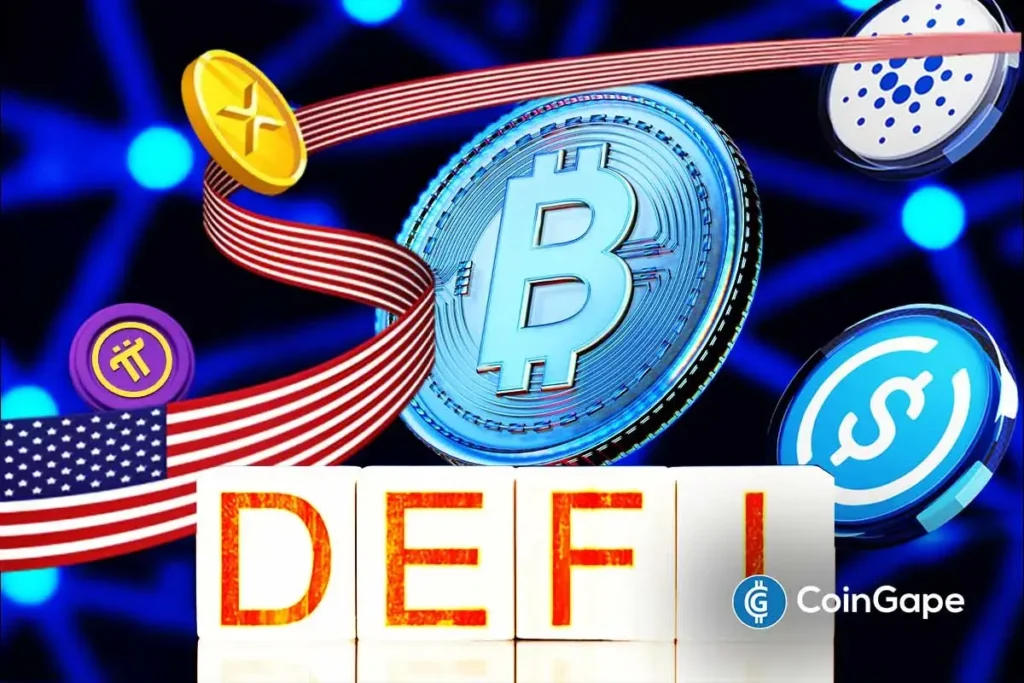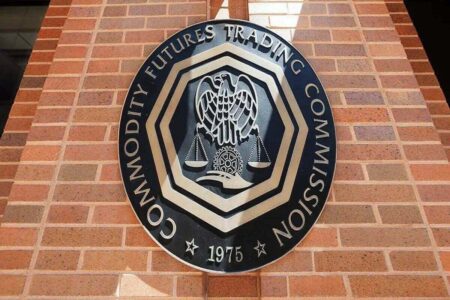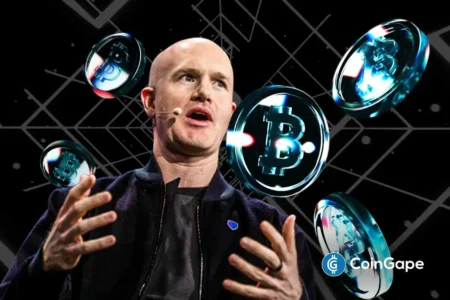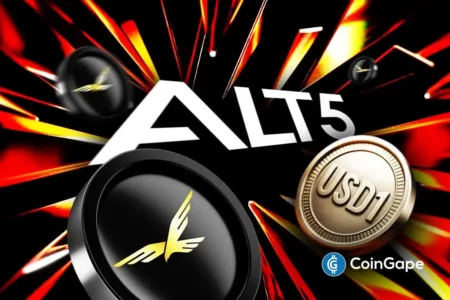The DOJ’s Support for DeFi: A Game-Changer for Developers
Recently, Matthew Galeotti, the Acting Assistant Attorney General for the U.S. Department of Justice (DOJ), made a landmark announcement at the American Innovation Project (AIP) that is poised to reshape the landscape for decentralized finance (DeFi) and its developers. His comments have offered substantial reassurance to those within the industry by clarifying that simply writing code does not constitute a crime, provided there is no malicious intent behind it. This pivotal stance marks a critical moment for developers working on innovative financial technologies, confirming that their contributions, when made in good faith, will not lead to legal repercussions under federal laws.
The Importance of Intent in Code Development
Galeotti emphasized that "merely writing code without ill intent is not a crime," a sentiment echoed by Coinbase’s Chief Legal Officer, Paul Grewal. This assurance indicates that developers who contribute to open-source programming or DeFi projects will not be held liable under 18 USC 1960b for unlicensed money transmitting activities. The law prohibits certain forms of digital asset transmission but does acknowledge the distinction between criminal intent and contributing to technological advancements. This framework allows developers to innovate without the looming fear of legal consequences, fostering an environment where creativity can thrive.
Contextualizing the DOJ’s Remarks
These clarifications come in the wake of legal pressures surrounding DeFi projects, particularly following the conviction of Roman Storm, a co-founder of Tornado Cash, who was charged for operating an unlicensed money transmitting business. Galeotti’s remarks provide a crucial distinction: developers of decentralized platforms who do not have custody over user assets are not subject to the same liabilities as those who operate centralized services. Legal experts, including Jake Chervinsky, have noted that this interpretation could potentially challenge the ongoing cases against individuals like Storm, as it highlights that developers acting without the control or custody of user assets should not be criminally liable under current laws.
Ending Uncertainty for Developers
The recent statements from the DOJ have been welcomed by many advocates within the DeFi space. Paradigm’s Chief Legal Officer, Katie Biber, noted that the uncertainty that has plagued crypto and open-source developers is now lifted, making it clear that shipping code is not a criminal activity. This shift in perspective is significant, as it encourages developers to focus on enhancing the decentralized economy without the fear of facing legal challenges. By delineating the boundaries of liability, the DOJ has set a precedent that reinforces the importance of encouraging technological innovation.
Implications for the Regulatory Landscape
Galeotti’s remarks also build on the earlier Blanche Memo, which stated that the DOJ does not intend to act as a crypto regulator and aims to move away from the "regulation by prosecution" model. This stance enhances the existing framework aimed at combating illicit finance while simultaneously recognizing the distinctive nature of decentralized technologies. The DOJ’s approach indicates a commitment to a more enlightened regulatory environment, fostering collaboration between law enforcement and the burgeoning crypto industry while safeguarding innovation.
Future Steps for the U.S. Treasury
These developments come at a time when the U.S. Treasury is actively seeking public comments on how best to approach illicit finances involving digital assets. As lawmakers navigate the complexities of digital currencies, there is a renewed emphasis on ensuring that the regulatory framework is conducive to the growth of legitimate businesses while still addressing concerns regarding illegal activities. This balancing act will be crucial as governments worldwide grapple with the challenges presented by rapidly evolving financial technologies.
In conclusion, the DOJ’s clarifications signal a new era for DeFi developers and the broader crypto community. By stating that coding without malicious intent is not a crime, they are promoting a regulatory environment that supports innovation while protecting the public interest. As the sector continues to evolve, it will be essential for lawmakers to collaborate with the industry to define clear, fair regulations that foster growth and integrity within this revolutionary financial landscape.
















